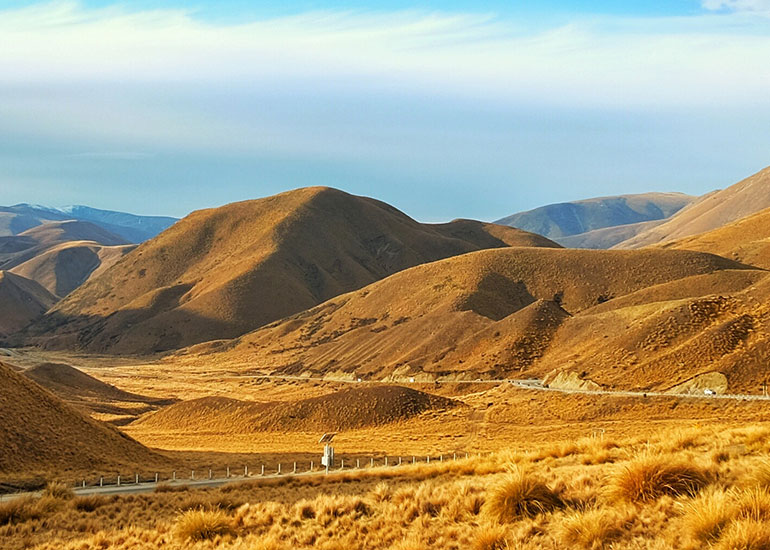
For over a decade, I've been using this metaphor to describe the dilemma of being human: it is as if we are all walking around looking at the sky through a straw. Is that the sky we see? Sure it is. Is it the whole sky? Absolutely not. Inside our circle of sky is everything we know; everything we've gathered over a lifetime of learning; everything we've assimilated into our opinions and points of view. Knowing is good. The problem is that we cling to what we know, holding onto our opinions and perspectives as the singular, capital "T" truth. We are often unaware of our limited slice of sky…until we bump into someone with a different point of view. Then our understanding easily slides from "this is so," to "I'm right and you're wrong." And escalates from there. This is not a small point. When we look under the surface of the suffering and violence enveloping our world, we discover that clinging to views and opinions is frequently at the root: tightly held opinions become judgments, become "isms," become policies, become wars. Even if we are able to skillfully navigate the friction of colliding with views and opinions different from our own, at some point the comfort of our habitual circle of sky stops feeling cozy and safe, and starts feeling tight and constricted. All of us long for a bigger sky. But we may not know how to find it. The key to discovering a wider sky is less about doing or undoing (though that may also be necessary), and more about nurturing the capacity to step into the unknown with curiosity and with kindness. For the past few months, I've been describing this as the cultivation of "Beginner's Mind" and "Grandmotherly Heart." Beginner's Mind is a phrase popularized by Shunryu Suzuki Roshi, the founder of San Francisco Zen Center and author of Zen Mind, Beginner's Mind. It describes an open, flexible, innocent mind: a mind of child-like wonder, able to meet each moment with curiosity and "oh wow!" Beginner's Mind brings a steady flow of fluidity, possibility, and the ability to respond to life with ingenuity and innovation. As we accumulate knowledge over time, the grip around our sky-circle tends to tighten, and we become more rigid and dogmatic. The more we know, the more it feels we have to lose by letting go and stepping into the unfamiliar. But no matter how smart we are, our knowledge is limited, incomplete. There is always a wider sky, beckoning. The ability to risk stepping into the mysterious unknown is buoyed by the cultivation of "Grandmotherly Heart." This term, robai-shin, is from Dogen Zenji, the 13th-century Zen monk-scholar-poet. Grandmotherly Heart includes the qualities of love, devotion, and wholehearted attention and attunement. It is the warmth and penetrating gaze of my grandmother, Helen, who would hold my face in her soft, wrinkled hands and ask: "Nu bubula? How are you? Tell me everything!" Cultivating Grandmotherly Heart is about learning to attend (to ourselves and to others) with this kind of deep, loving listening. When our vulnerability and innocence are met with tenderness and attention, we are able to venture out of our small circle of views and opinions and stretch into a bigger sky. Cultivating Beginner's Mind and Grandmotherly Heart helps us meet suffering—the suffering of racism, of violence, of climate change—with a fierce, loving, appropriate response. Pamela Weiss will be teaching The Human Journey: Uncovering Your Calling and Contribution, November 24 – 26, 2017, at 1440 Multiversity. A Buddhist meditation teacher and executive coach, Pamela Weiss is the founder and chief wisdom officer of Appropriate Response, a company dedicated to bringing the principles and practices of Buddhist teaching into the workplace. With more than 20 years' experience working with executives and leadership teams at organizations such as Pixar, Tipping Point, Genentech, and Salesforce, Pamela is a recognized pioneer in the field.
Stay Informed
Sign up and receive insider offers and flash sales in your inbox every week